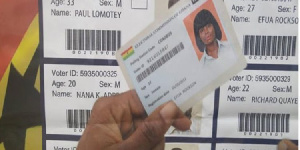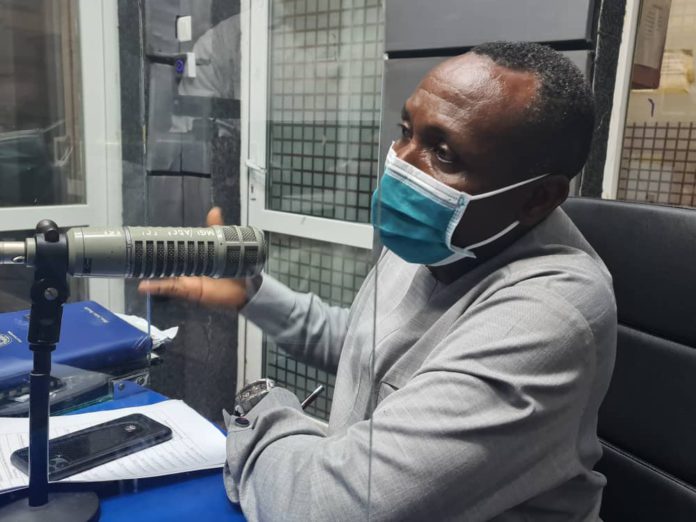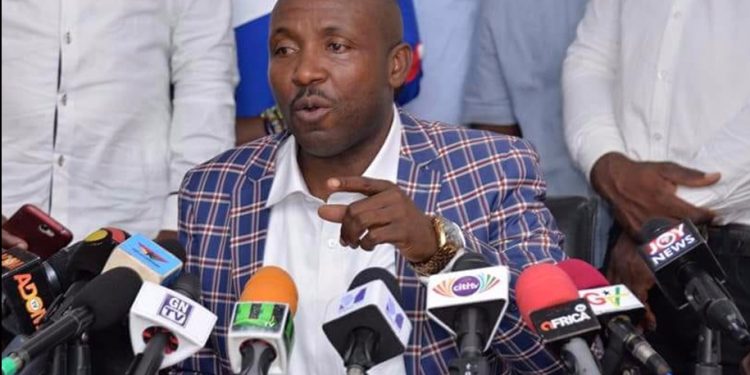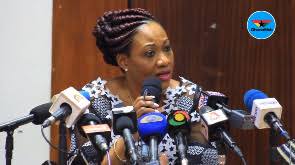David Bethel Writes; The Youth & Politics
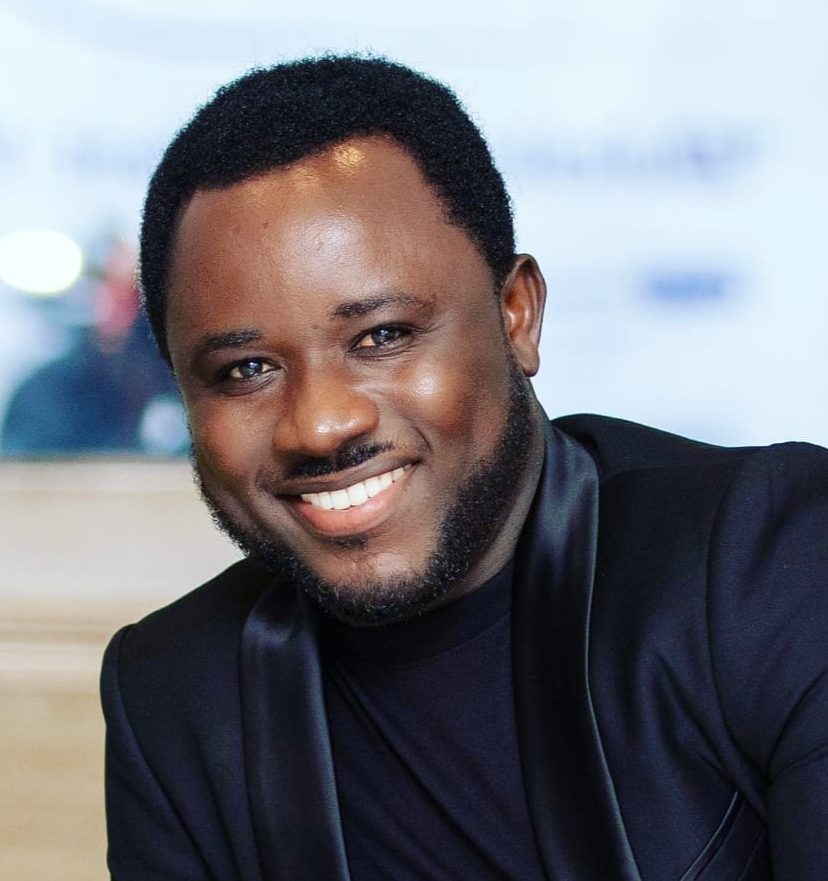
You can’t be left behind when you are deeply involved – David Bethel.
Speaking at the African Biblical Leadership Initiative (ABLI) on Friday 27th November 2020 on the subject: “The Youth & Politics.”
Before delving into the subject matter, let’s take a moment to ponder on and try to provide answers to the following; What comes to mind when “Politics” is mentioned? What are the first five names that come to mind when you hear “Politics”? Do you like “Politics”? No? Why don’t you?
Politics is a term ascribed to the act associated with decision making.
This decision-making process has, at the heart of matters, some human beings who are within that political sect. Politics is an art and a science that sees two key ingredients coming into play – power and resources. These two go hand in hand at one point or another in life of a politician.
Power is needed to control resources, and the volume of resources controlled determines the power commanded.
For a politician to have the power and resources needed to complete the political process, he/she would need to have the support of the people. After all, the power and resources belong to the people first. The people, thus, transfer what belongs to them through a decision-making process (negotiations, interactions, convincing or voting among others).
As we are all aware, the decision-making process will have the politician(s) presenting his/her thoughts and plans to the people so they can decide whether or not the politician deserves to be given such power and resources. Basically, you associate with a political party because you believe in their ideologies. You can talk about manifestoes for the purposes of elections.
Politics is presented in different forms – authoritarianism, totalitarianism, democracy, monarchy, theocracy. Different societies adapt the kind of political style that will suit them.
Authoritarianism does not allow for influence from the people being ruled.
When authoritarianism becomes extreme, then the society experiences totalitarianism. Every aspect of the society is controlled by the people. Democracy is the more liberal form of the first two forms explained. Even though the wishes of the people are not fully realized, a democratic system of governance allows for the influence of the citizenry.
Monarchy and theocracy on the other hand are governments that see the sovereign rulership of a king/queen and governments that are guided by divine influence (through the priest chosen by God) respectively.
Ghana is considered a democratic society and has quite a youthful population (57% out of 31,072,940 are under 25). As such, all who are involved in the politics of the country, are fighting not just for themselves but also for their younger generation. In the decision-making process of politics, there is and should be no room for violence.
Per the constitution of the country, a clear-cut process has been outlined to ensure that a decision is made peacefully.
Should more of the youth get involved in politics, going through the required process wisely, there will be a difference in the impacts being made in the political circles of our Ghanaian society. Once the youth is involved, we are assured of the younger generations’ future involvement.
This involvement should, therefore, be continuous. Politics today, establishes the highest form of leadership in our country. We have no excuse – absolutely none – on losing guard in leadership.
I would also want to use this opportunity to appeal to the leadership of the African Leadership Biblical Initiative (ABLI) and The Bible Society of Ghana to outline some programs like this forum as often as possible and not only during an election year.
To my Christian young men and women, we have it at our core to establish theocracy (i.e establishing the divine will/impact of God) through the established democratic system in Ghana.
Christians, just as everyone else, are affected directly by decisions (bills) passed by representatives who are voted to become parliamentarians.
This places a demand on Christians and everyone else to be deeply involved in politics.
I would end by giving you these 7 thoughts as we head towards December 7th elections:
1.The definition of politics doesn’t have violence at its core. It’s a decision.
2.Young people should direct all energies in a very constructive manner that aids positive policy, and not violence.
3.If the chaos brought by political violence in history does not teach us enough to go by the way of peace, we will be posing as the unwise.
4.I believe there will be a difference in impact should young people get more involved in politics.
5.You can’t be left behind when you are deeply involved.
6.Our involvement must not be periodic but continuous, through and through.
7.Politics today establishes the highest form of Leadership in our country. We have absolutely no excuse on losing guard in leadership.
It is about time we created a system that has a short, middle and long term agenda aimed at introducing more Christians in the political world; to impact positive and productive morals instituted in us by the dictates of the church.
Source: Thepressradio.com|Ghana|Dickson Boadi


